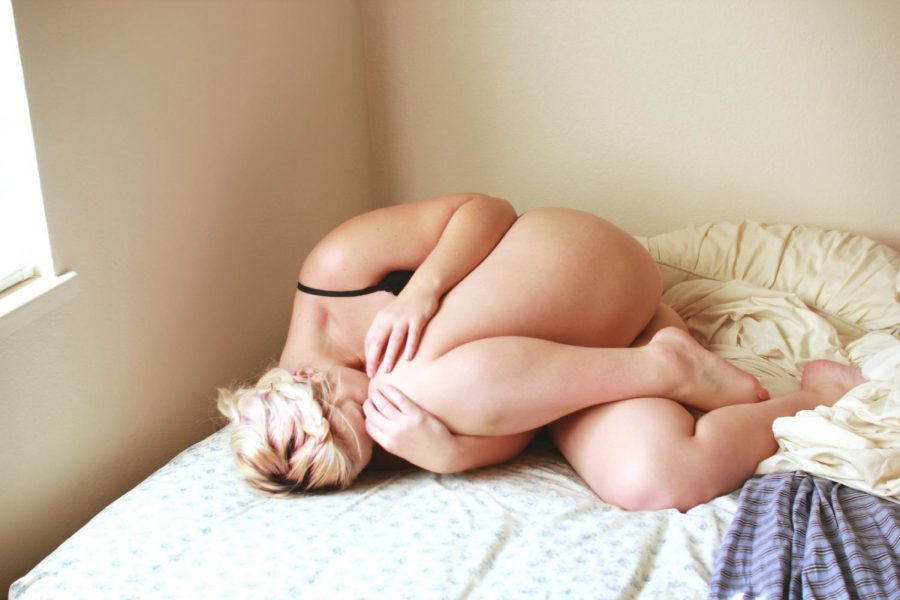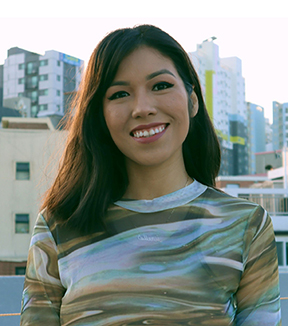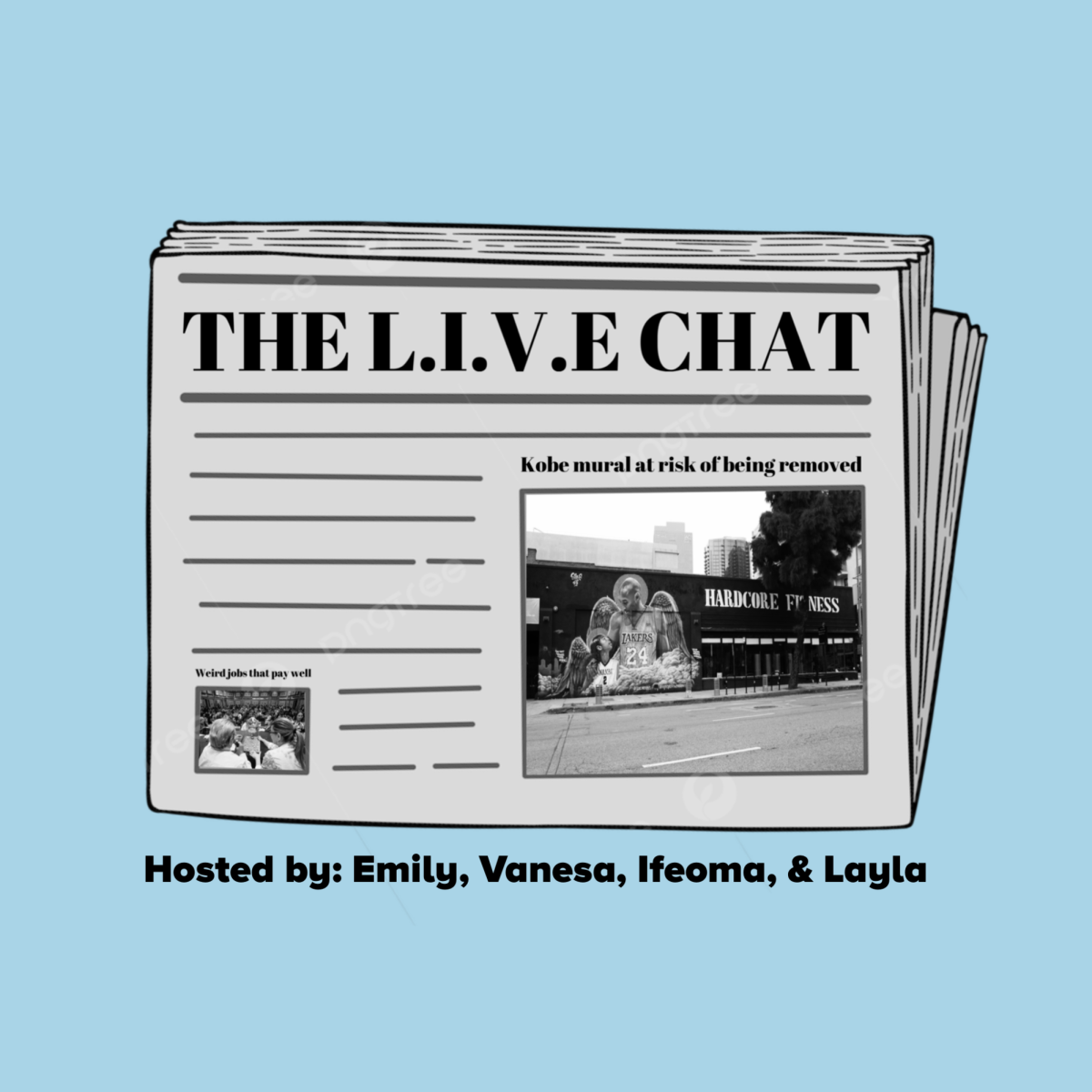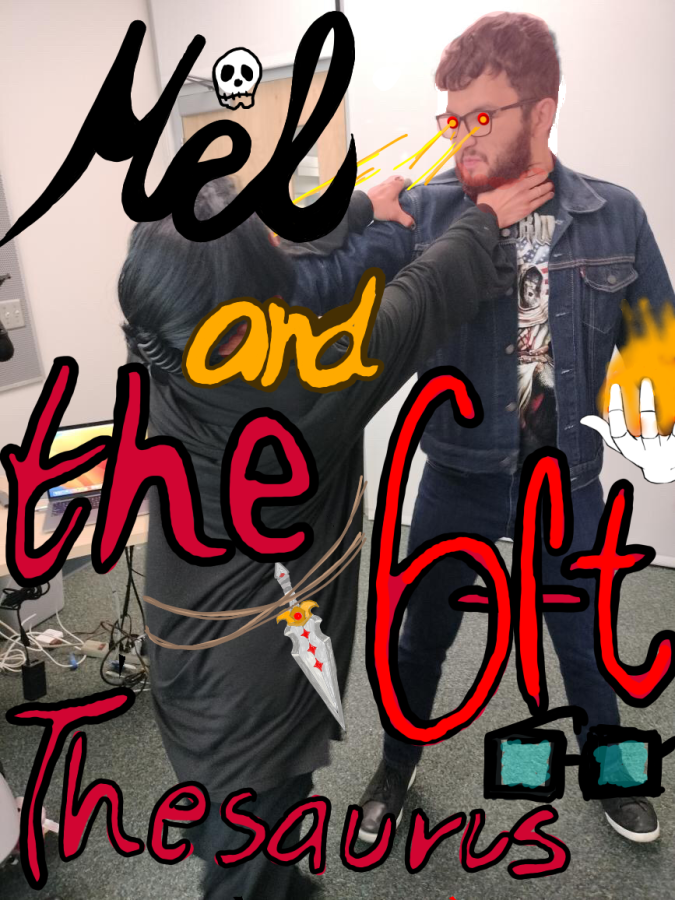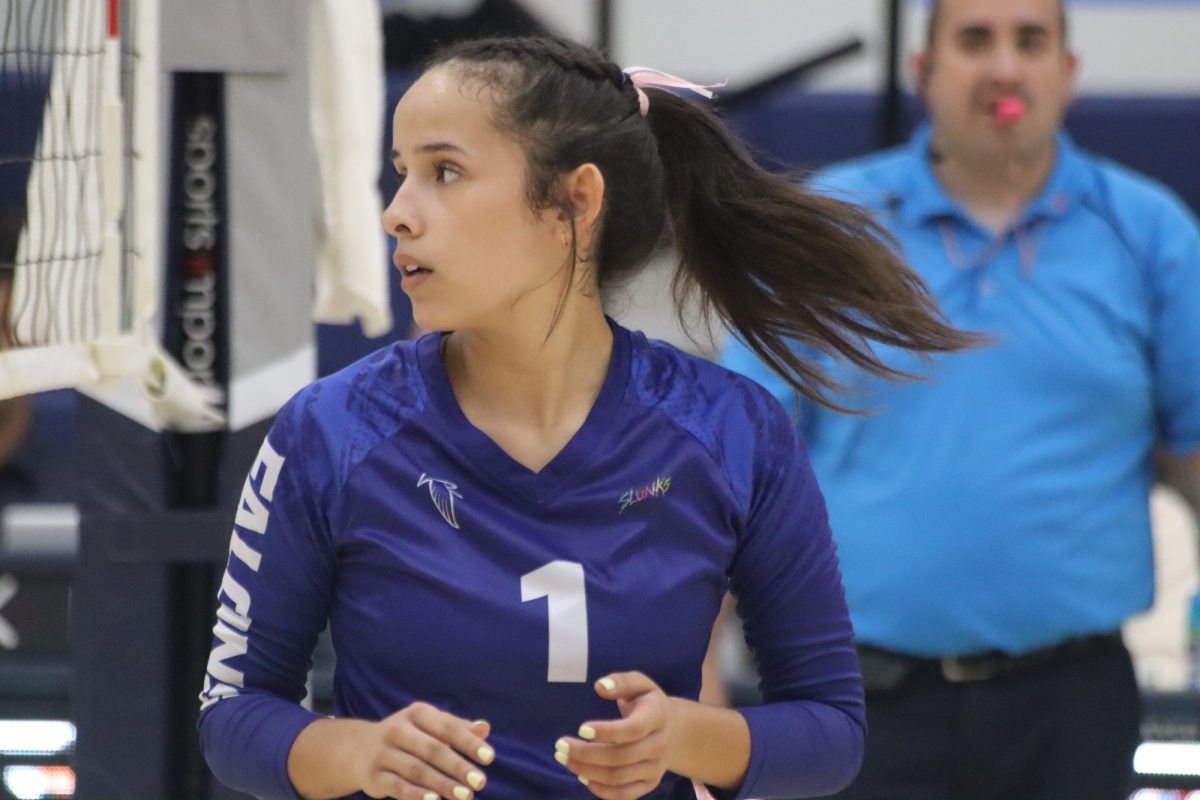[Intro music playing]
MIRELLA: Today we are going to talk about the impact social media has, I think we can agree especially Instagram, has on women’s, not just women’s, I think anyone’s self-image and self-esteem. And this can include people comparing their financial or social status but today we’re going to talk about and focus on body image specifically, which does tie into self-worth and overall how worthy we perceive ourselves. So yeah, that’s what we’re going to be discussing. So, today I have a guest with me, Jessica. So, now Jessica and I are around the, we are in the same age group, let’s just say we are in our twenties. We met each other in middle school and have kept in contact on our social media accounts. So yeah, Jessica, do you mind introducing yourself and giving a little background about yourself.
JESSICA: Sure, my name is Jessica and I am in my twenties, and let’s just say like around 25 maybe give or take. So, I grew up in Southern California and I am actually a user of social media, so I’m very familiar with Instagram and Snapchat and the realities of the world and the filters.
And as a professional, I’m a registered nurse. I work in the critical care setting, so I get to kind of see people of all age groups that battle all kinds of things, including suicide and depression and just chronic illness, so umm yeah that’s good.
MIRELLA: Yeah, great. So yeah, we both feel that this topic is so important, and to be honest I don’t know if you’ve felt, it has been getting a little bit more exposure lately like I have seen some accounts on Instagram so I guess that’s good, specifically this year. So yeah, let’s just I guess dive in and talk about it. So, I’m sure most of us have — we use social media.
JESSICA: Yeah, it’s part of our life, people just wake up to that and it’s the last thing they see before they go to bed.
MIRELLA: No, really that’s exactly – yes. So, you know we all use it. We scroll through our timelines on Instagram and sometimes we kind of do it subconsciously and no matter what type of pages you follow, you kind of – I don’t know if it’s the algorithm nowadays – but you kind of see this trend, you know the influencer culture where they’re selling this lifestyle, this image. You see it, no matter what kind – if you’re into cars, if you’re into fitness, if you’re into whatever, you still kind of see this influencer culture. Specifically, when I’m scrolling my timeline on Instagram, you always run into an “insta-body”. Even if you’ve never heard that term before, I’m sure you have a picture of what I mean if I say the “insta-body” right? You already know what that looks like.
JESSICA: Right. So, I think like the big thing – it is getting a lot more attention this year and I think because of a lot of like documentaries are coming out like the Social Dilemma, that’s a big one. You know, how social media affects us and how it is out of control what we see on our feed.
A lot of people that use Instagram think, “Oh I like certain things, or I looked at pictures of this so I’m seeing more of that on my feed.” But, in contrast, you actually see that things that you like, and they’re throwing things at you – even something that you just mentioned you’ll see like an ad for it later and it’s not a coincidence. It’s totally intentional and it has you using things a lot more and looking at things a lot more and obsessing over things. And we’re really lucky we didn’t get into social media until we were like towards the end of high school maybe like Facebook was becoming a thing, or like Myspace maybe earlier on, but it was nothing compared to like Instagram. Whereas today’s generation is exposed to it from like the time they get their first phone when they’re like what nine years old I think it’s the average age now. So, they’re exposed to like Instagram and influenced into this impossible idea of beauty from a very early age. And I was telling some of my friends this because I find it weird that everyone’s concept of beauty is pretty much a variety of the handful of things. Everyone’s concept of beauty is kind of the same but different. So, I feel like you don’t even get to build your own ideas of what you think is beautiful, it’s just kind of molded into you from the beginning. “This is attractive, this is a good body type. This is what you should look like.” And girls are obviously more prone to that than boys. Boy use social media for like memes and things they find funny. Girls use it for communication and validation and to share like photos of themselves, so women suffer more.
MIRELLA: Exactly – sorry if I’m looking down, its because I’m looking at my phone. What you mentioned actually just reminded me about – I’m trying to find out her name. She’s a very popular Instagram influencer, I guess. You know, highlight reels, great photos, selfies, everything. Her name is actually Danielle Cohn, I’m not sure if you’ve heard of her. Let me see if I can pull her up. She actually has gotten heat lately because her mom – she’s a 13-year-old mind you, — and she faked that she was either 15 or 16, and the way she is posing in these photos and on her account, you literally think she’s like overage. Or she’s just some kind of – like you know, she has the, what you would consider the “insta-body”. But someone so young getting exposed, they can’t even like kind of like mold their own decisions because you’re not mature at that age. And you have the mom encouraging this for like the clout, and maybe the money, the advertising. It’s just so sick to me – it’s just sick. So yeah, her name is Danielle Cohn. She actually has 4.7 million followers, let me show you. I’m going to share this. Share screen, and I’m just going to be –
JESSICA: And that’s another thing, its people really don’t know what they’re looking at or if its real or not, how old this person is – oh I know. I think I’ve seen her before. Oh my god…
MIRELLA: Yeah, like if you see this photo, like, I don’t think a 13-year-old should be posing like this. But anyway –
JESSICA: I mean –
MIRELLA: Uh huh.
JESSICA: I mean I just wouldn’t want my 13-year-old so exposed on the internet –
MIRELLA: Exactly, yeah. Like, you know i-i-it’s fine. People may say, “you know, it’s just her posing in a bikini” and everything but again its social media and-and at that young age to be exposed, it does – I think it does have repercussions on someone’s, you know, their future, and even just on their self-esteem and self-image, umm, at that young age.
JESSICA: Yeah…
MIRELLA: Yeah, so anyway. That’s Danielle Cohn, for the listeners, if you want to look her up, she’s on Instagram. Umm, so yeah…
JESSICA: [inaudible]
MIRELLA: Yeah, that one shocked me. [laughs]
JESSICA: And again, that goes hand-in-hand with the same thing. You look at a 13-year-old like this, and then you’re like, “Wow, her body is so much more curvy than mine, she’s so much more feminine; that’s what a women looks like”. And then you look at yourself and you’re like, “oh I’m just petite and average”, you know. And that’s when everything starts to unravel, and you’re just like – the self-hatred just continues and worsens from there, I think. It’s not healthy.
MIRELLA: Yeah, I mean you’re already – I mean women develop differently at different ages. And if you’re even a 14-year-old looking at this and you see her getting all this attention, all these followers, then you’re kind of just — you feel like you need that to be validated. You feel like “Hey, I need to look this certain way to be popular, this certain way to be liked by boys in my school, this certain way to, you know, just even be rich or successful”. So I-I-I think that really – and I’ve seen it! I know personally, people who have —
JESSICA: Totally! –
MIRELLA: Who are at 18 years old getting surgeries done to look this certain way because of social media –
JESSICA: Right. Some people can stand there and say, “Oh this is unrealistic, this is ridiculous. Nobody looks like this; this is not feasible. This is all for the internet.” But some people are not like that and they’re like, “Wow, like, I really have nothing I should be more successful I need this for validation”. And yeah, you’re right. Younger – especially women, I mean most cosmic procedures are done on women, especially in the us at least. And it does start at a younger age. I mean, I’m all for, umm, modifying whatever you want to feel better about yourself, but it should come from within and it should be longstanding. I think doing that as soon as you turn 18 or even before you turn 18, – cause it does happen – like to get a nose job and a boob job, there are other influential factors, and it just sucks because once it’s done its done.
MIRELLA: Yeah –
JESSICA: And another thing is like, some people can’t afford those surgeries, that’s also relevant but I mean, you also have girls who are willing to take that risk and go to Mexico just like several influencers like Jenny69, and get a BBL. Whether the risk is infection, death they’re going to do it because they think it’s something that they need. And they think it’s totally worth it at the end of the day.
MIRELLA: Yeah. And I mean, you-you – there’s another side to this where it’s even scarier. Let’s say you are someone who can’t afford these procedures. You know, your parents bought you this, or you worked at a young age so you can afford this. But what about millions, or you know, all these other young women who can’t afford such things, but they still hate their bodies hate themselves, don’t feel comfortable in their own skin. And you know it still takes a dangerous path, you know, where eating disorders come into hand, eating disorders, depression even suicide – like let’s be real. Right? I think that’s an even – just as dangerous, if not even more dangerous part of this. Where this self-hatred this, you know, body issues can lead to those things. Actually, I do want to bring up – I did interview someone, umm, who did want to be anonymous because they’re on their recovery journey and she had some quick things, that I think would be valuable to share about her experience. She’s actually around in the same age group as us and she’s in recovery for about a year but she is someone who has suffered with bulimia for most of her young adult life up until now. She actually, yeah what she said – I asked, “Hey, has social media ever made you feel like you needed to judge you body, or umm, made you feel insecure about yourself or has had an impact?” She definitely feels that social media for her, it did play a part of how she felt about herself. And she believes that when you realize that – after you realize that these body types are unattainable, you become depressed and it amplifies your low self-worth. And she was already struck by an eating disorder early on. And she actually mentioned some of her triggers. Trigger warning for those of you who are suffering from, you know, these eating disorders. But she says – it’s interesting – she mentioned that she has, uh she has where she feels – spacing. It’s a method called spacing or spotting. Where you actually touch your body, like let’s say you put your arm around your wrist. Or you kind of like hold your gut, you’re kind of feeling how big you are, how much space you’re taking up. We kind of do it subconsciously sometimes. Let’s say you’re like, “oh my lonja is coming out” and you kind of like hold your gut in your pants. She says that has become a trigger for her. And also she did mention that social media did play a big part of her feeling – pretty much lacking self-worth because of these images, unattainable images she saw on it.
[Pause]
MIRELLA: So now there is a movement. Umm, have you seen it? It’s called Instagram vs. Reality.
JESSICA: I think –
MIRELLA: Before I go on, how do you feel about it?
JESSICA: I think it’s okay… I think a lot of influencers and fit people on Instagram really still try to use it to their advantage.
MIRELLA: Yeah –
JESSICA: Like, “Hey I’m normal too, I’m normal like you. We all have like, rolls and cellulite and all of this stuff”, but umm yeah it’s not the same. I mean, they still – they still are saying, “This is me normally, this is me being average. And this is me like, at my best.” And at the end of the day that’s like the concept of beauty so they’re still kind of reinstating the same thing and –
MIRELLA: But in a different way. Yeah, I kind of agree with that as well –
JESSICA: Their reality photos are still like… pretty great. [laughs]
MIRELLA: [Laughs] Yeah. So, for those of you who don’t know the Instagram vs. Reality hashtag on Instagram, it’s pretty much where influencers usually – actually it’s like fitness or lifestyle – lifestyle blog kind of beauty world influencers. They’ll post a photo of them of how they usually look on Instagram, you know, perfectly snatched, posed with, you know, the perfect lighting. And umm, another one – and then right beside that photo, they’ll have another photo of them looking normal, I guess, how like normal people take photos. Normal lighting, you know every-day lighting, umm, and they’ll usually like, hunch over so their belly will like a small roll, or you know, they’ll show some cellulite. But yeah, so I have heard some say that some have used it for their advantage because they know this hashtag does gain a lot of – is gaining a lot of traffic. So, you know, if you have this hashtag and you post it on your page – u you may not even be like an eating disorder advocate or like an awareness advocate for these issues – you’re just like an influencer, but you’ll get all this traffic just by posting this one post with that hashtag.
JESSICA: Right –
MIRELLA: which is kind of – it is sketchy.
JESSICA: Right, yeah. Yeah…
[Laughter]
MIRELLA: So, umm is there anything else you would like to add. I mean, think we are coming to an end here but umm, definitely, any other points that are valid I’d like to hear. Actually, have you seen? – [laughs] I forgot to show you. This one actually, I saw yesterday –
JESSICA: The Khloe post?
MIRELLA: Oh my god, I couldn’t believe it…
JESSICA: She’s – okay that’s another thing. Like, influencers, celebrities are unrecognizable and at the end of the day you have no idea what these people look like in real life –
[talking over each other]
MIRELLA: Yeah, so you saw the post, right? Where she –
JESSICA: I did! I did because it was on the news again just like her other one –
MIRELLA: Oh, it was on the news?! I mean I don’t really watch the news out here. Uh, or at least…
[speaking over each other]
[Laughter]
MIRELLA: Wow, yeah that post was crazy. And then I go back to her timeline. Just three weeks ago she looked completely different like what –
JESSICA: And celebrities are honestly the worst. Like these women literally give birth and a week later they’re like snatched. And people think like that’s their priority after popping a kid out. It’s like, no it’s not feasible. You still look pregnant after you give birth and that’s totally normal and healthy. This is not. [laughs]
MIRELLA: Yeah, especially –
JESSICA: Khloe Kardashian should be banned from the internet. She’s just –
MIRELLA: No, seriously she’s like a full-on trigger. I think she like – she looks like a different person in every post.
MIRELLA: She looks like a different human being in every photo.
[laughs]
JESSICA: You’re sharing your screen so that’s kind of like all I can see.
MIRELLA: Oh! There you go. Okay.
JESSICA: I think we started like at 8:01 –
MIRELLA: Yeah. Okay that’s fine. Yeah. So yeah, I mean just to end here, what do you think young girls, especially, I think they’re the ones who are exposed most to this – what do you think they can do, or even we can do to avoid going down this dangerous comparison path and you know, how we can learn to appreciate our bodies and minds, or at least start that journey? In your opinion.
JESSICA: I don’t think social media is going anywhere it’s just something were going to have to deal with and be exposed to all the time. I think you should have to be like a lot more strong-minded and realistic. What you see on the internet is what people want you to see on the internet. It’s the aspects of their lives that they see as worthy, so they’re only going to share like those highlight moments. Nobody has a perfect life, or a perfect body, or a perfect face. So, I think we just all need to – especially women I mean, obviously – need to learn to like love ourselves and the bodies that were in. And female empowerment is like huge now.
MIRELLA: Yeah.
JESSICA: And unfortunately, that’s like, new. That started – I feel like that just started last year and this year. You have brands like Fenti that are all-inclusive – not just skin colors and cultures – but like hair, sexuality, gender identification, body types and like everything is included and considered beautiful. It’s–it’s different and it’s new and hopefully that stuff affects people and girls like really learn that the internet is just the internet. Like, for the most part, it’s all a facade and everything is filtered or rented, for all you know, so we shouldn’t really let it affect how we perceive ourselves.
MIRELLA: True. I also share that with you. I think that brands – hopefully this trend will continue, and they are more conscious and aware of, you know, their audience and these young girls. I love what Rihanna is doing, actually – I have yet to watch her show. I’m like, “Ah! I just cancelled my Amazon Prime because I don’t use it out here” [laughs] but umm, I have yet to watch it. I really want to watch it –
JESSICA: Yeah, it’s literally never been done before! I mean, even – [inaudible]. That says so much, like certain body types have never been featured on a page for shopping or in a fashion show. But I mean, it totally trumps Victoria Secret’s fashion show and that’s just something that I hope it’s an ongoing movement.
MIRELLA: Yeah, I mean it speaks volumes, the Victoria Secret fashion show got cancelled and you know, we have Rihanna out here using her huge platform for this. And I think that’s major, actually.
JESSICA: Right.
MIRELLA: So yeah, umm. Well yeah, thank you so much for joining me today. I hope that the conversation continues about this topic.
[Outro music playing]



